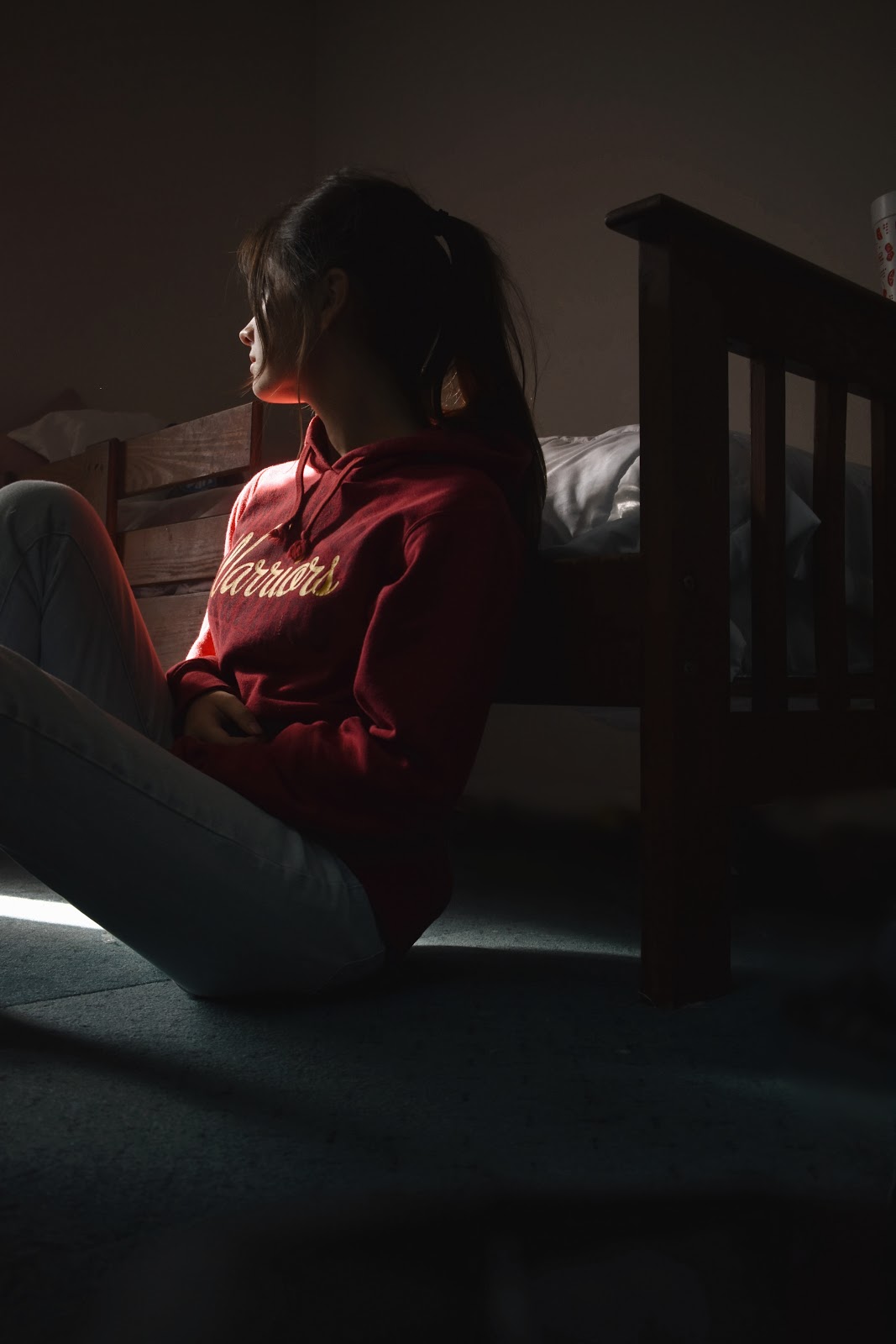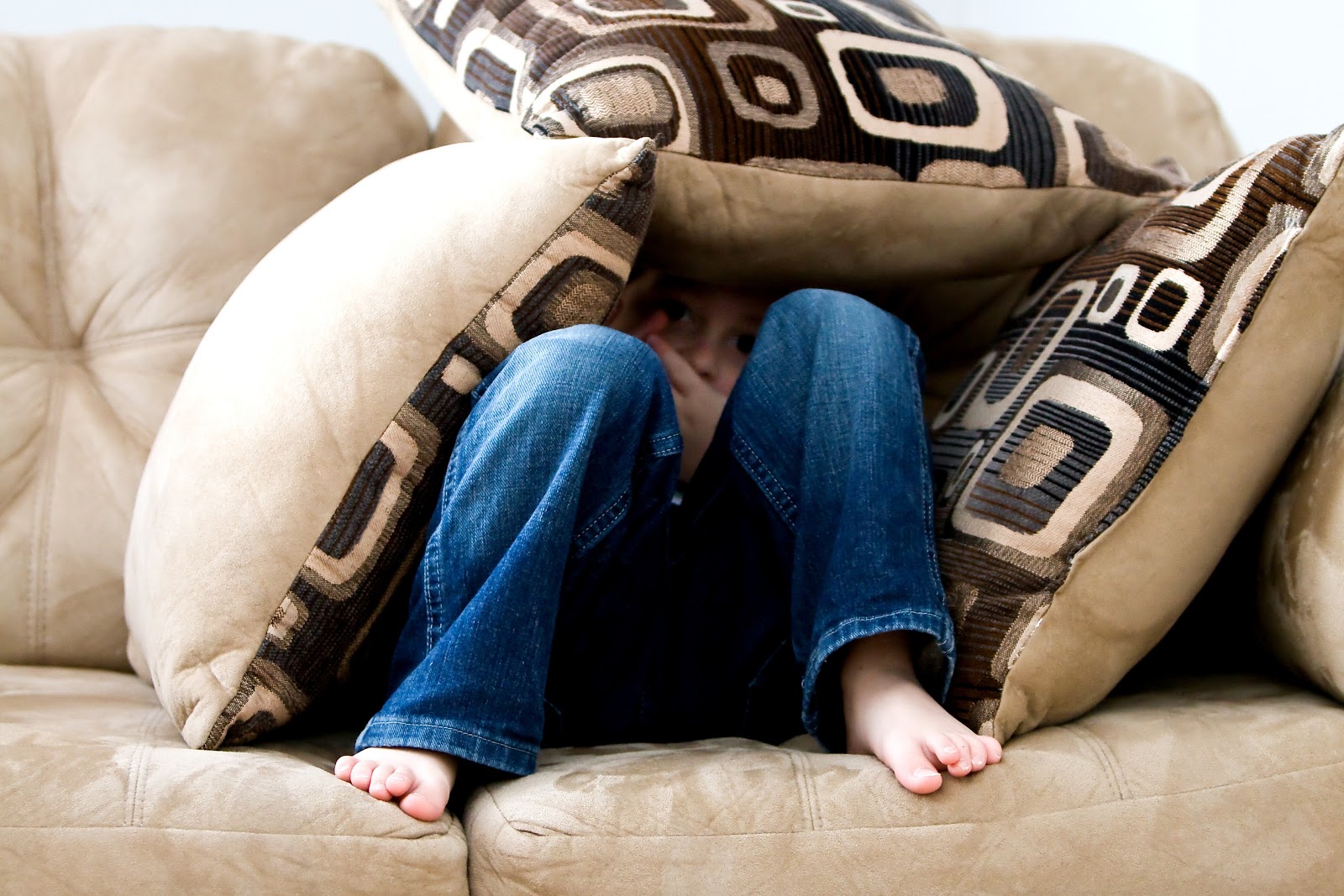Mental health is our psychological and social well-being. It affects our behavior on stress and making choices. factors may cause mental health problems include:
- Genes.
- Brain chemistry.
- Family history of mental health problems.
- Life Experiences such as trauma.

Notice these following feelings or behaviors to be an early warning sign of a problem;
- Sleeping too much or too little.
- Eating disorders.
- Having low energy.
- Pulling away from social activities.
- Feeling confused, worried, upset, or angry.
- Having memories you can't get out of your head.
- Hearing unreal voices.
- Inability to perform daily tasks.
- Positive mental health helps people to realize their full potential, adapt to stress, and make a contribution to their communities.
- To keep your mental health; you should seek immediate professional help once you need and maintain your lifestyle routines like sleeping well, physical activity, and coping skills with stress.

Causes of mental illness.
Causes of mental illnesses may be a combination of biological, environmental, and psychological factors; let's start enumerating these factors;
●biological factors:
Abnormal functioning of nerve pathways or neurotransmitters and defects in certain areas of the brain are mostly linked to some mental illnesses.
Other biological factors may include:
1. Genetics: People who have a family history with a mental illness are at a higher risk than that haven't. Susceptibility is passed through genes. abnormalities in genes and interaction with environmental factors like stress or traumatic events are linked to mental illness.
2. Brain defect or injury.
3. Infections; some infections may cause brain damage like a condition known as PANDAS (pediatric autoimmune neuropsychiatric disorders associated with streptococcus) linked to OCD (obsessive-compulsive disorder) and other mental illnesses in children.
4. Prenatal damage; such as autism spectrum disorder.
5. Exposure to some toxins as a lead.
●Environmental factors:
The following may trigger some mental illness incidence;
1. Changing community, jobs, or school.
2. Death or divorce.
3. Feelings of inadequacy, low self-esteem, or loneliness.
4. Social or cultural expectations.
5. Drug abuse.
●Psychological factors:
- Psychological trauma in childhood.
-
Be neglected.
3. Poor socializing skills.

Common psychiatric disorders in adult:
Here we will delve into the most common psychiatric disorders in adults including subthreshold disorders as (depression) and anxiety disorders as (OCD, PTSD, GAD, panic disorders, phobias, and social anxiety disorders).
Depression
is named also by low mood (loss of interest to ordinary things)and is linked to emotional, physical, and behavioral symptoms.
Behavioral and physical symptoms may include:
- Irritability, social withdrawal, exacerbation of pre-existing pains, and pains due to increased muscle tension.
- Lack of libido and low activity. Fatigue and marked anxiety.
- Loss of interest to enjoy.
- Increases in eating or sleeping also decrease.
- Low self-esteem and loss of confidence.
- Self-harm or suicidal ideas.
- Poor concentration.
- Negative thinking in all life.
Generalized anxiety disorder (GAD)
GAD means high anxiety towards everything.
Symptoms may include:
- Difficult to control anxiety and worries.
- Fatigue, concentration problems, muscle tension, and difficulty in sleeping.
- Excessive apprehension about outcomes of routine activities.
- Demoralization.
Panic disorder
Panic patients mostly have intermittent apprehension and panic attacks related to a particular situation or spontaneous panic attacks with no cause. Panic persons often avoid being in a particular situation to prevent those feelings, so they often have agoraphobia.
Obsessive-compulsive disorder
Obsessions and compulsions are a main signs of OCD.
- Obsession is unwanted ideas that are repeated in mind.
Common obsessions in OCD include:
- Contamination from dirt, germs, or viruses.
- Fear from harm(checking door lock).
- Excessive concern with order.
- Religious and sacrilegious thoughts.
- While compulsions are repetitive actions that the patient feels driven to perform.
compulsions can be covert or overt by others. Covert compulsions are more difficult to resist.
Common compulsions include:
- Checking (gas taps)
- Cleaning.
- Washing (handwashing)
- repeating actions and words (repeating special words in prayer)
- ordering and symmetry.
- Collecting and counting.
Checking and cleaning are more obvious as they are daily behavior.
Post-traumatic stress disorder (PTSD)
develops in response to traumatic events such as severe accidents, interpersonal violence, military action. PTSD patients re-experience aspects of traumatic events in a distressing way.
Symptoms include:
- Flashbacks in which the patient feels as if the event is recurring.
- Nightmares.
- Hypervigilance for threat.
- The exaggerated response, irritability.
- Difficulty in concentration.
- Sleep problems.
Social anxiety disorder
Social anxiety is characterized by intense fear in a social situation, so it may also be called social phobia.
Specific phobias
It is an extreme and persistent fear of a specific object or situation. Phobias are classified into subtypes including animal, natural environment, and situational.

Common psychiatric disorders in children:
Never be surprised; kids may get psychiatric disorders that shouldn't be neglected as;
Anxiety disorders
persistent fear or anxiety that prevents them from playing or socializing according to age, pediatric anxiety may include generalized anxiety, social anxiety, and OCD.
Attention deficit hyperactivity disorder (ADHD)
kids with ADHD show difficulty in attention, hyperactivity, or a combination of both.
Autism spectrum disorder (ASD)
ADS appears in early childhood before 3 years old. Its severity varies, children with ADS have difficulty in interacting and communicating with others.
Depression
is a persistent feeling of sadness that prevents a child from participating in social and school activity.
Post-traumatic stress disorder (PTSD)
PTSD is prolonged distress, the child may suffer from nightmares and disturbed behavior in response to violence or other traumatic events.
Schizophrenia
may appear in teenagers and in which the patient loses touch with reality, symptoms include hallucinations, delusions, and disordered thinking or behaviors.
Eating disorders
as anorexia nervosa and bulimia nervosa may result in social dysfunction.
So, care about these early warning signs that can save our kids as following:
- Persistent sadness.
- Avoiding social interaction.
- Change in eating habits.
- Difficulty in sleeping.
- Difficulty in concentration.
- Change in academic performance.
- Avoid going to school.
Our dew treats for you today are; to do your best to maintain your mental health and to realize that having psychiatric disorders is not a shame; also we should put in our mind psychiatric disorders in children; to be continued in another article discussing solutions and treatment to these disorders.
Read more: Top ten magic essential oils
Read more: Mental health in pregnancy
Read more: Happiness tips
Read more: Meditation is a medication



You must be logged in to post a comment.